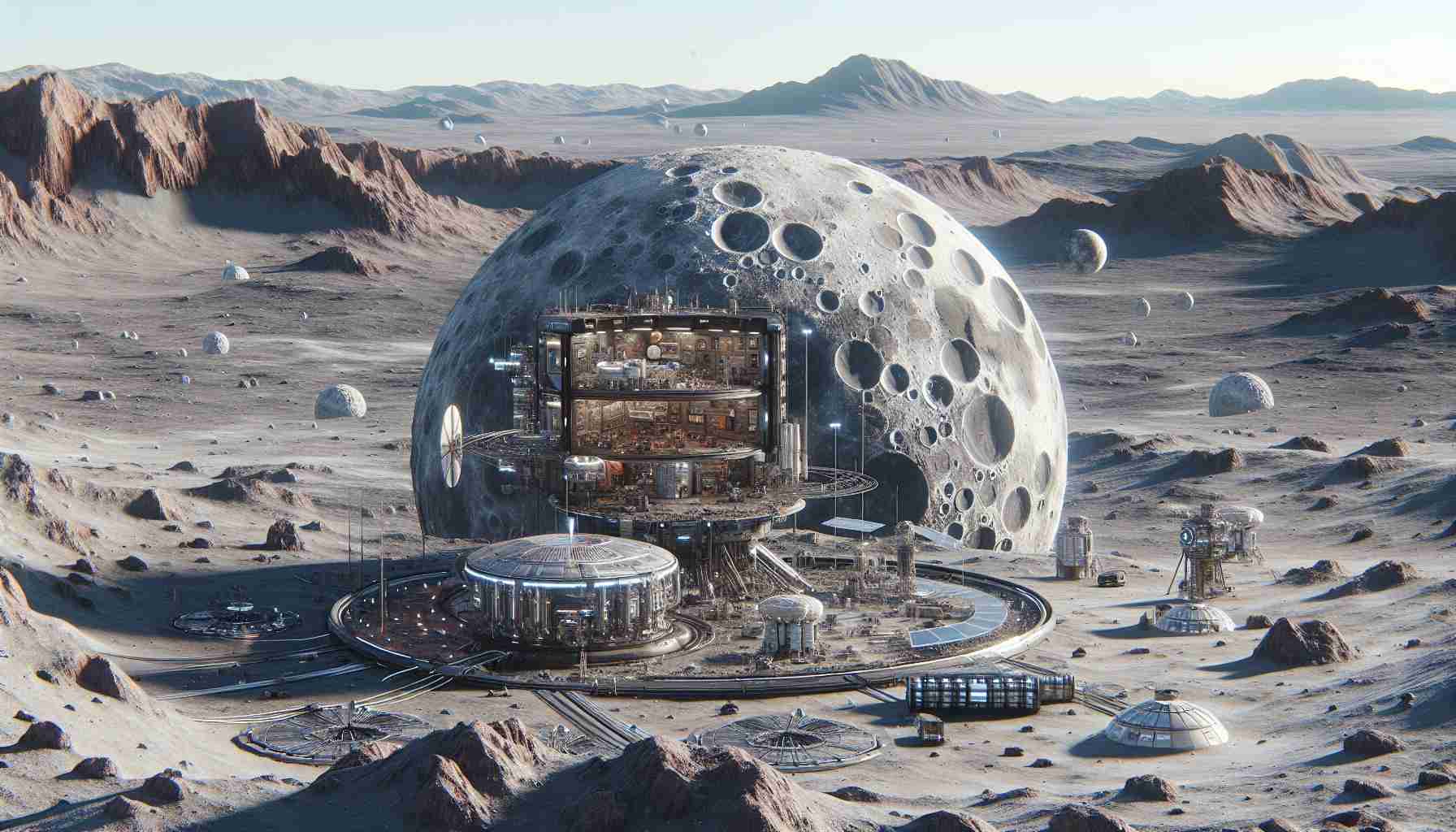The setting of the play “My Place on the Moon” at the San Francisco Playhouse immediately captivates the audience as they take their seats. A steaming pot boils on the stove in the green-tiled kitchen. The walls are adorned with paintings of mountain landscapes and culinary recipes, while the smell of pho lingers in the air, transporting the audience from the theater to their favorite Vietnamese restaurant.
From January 25th to February 24th, “My Place on the Moon” tells the story of Lan, the owner of the Vietnamese restaurant Pho Lan, and Mai, the head chef, who must navigate the process of gentrification in their neighborhood and the resulting lack of customers. In their fight to save the restaurant, Lan applies for a small business grant, hoping to preserve her and her late sister’s dream. After receiving a grant from Novus Corp, a mysterious consultant named Vera appears, determined to change the fate of the place while blurring the boundary between metaverse and reality. “My Place on the Moon” explores themes of finding hope in tragedy, artificial intelligence, displacement, and loss, telling a touching story of cultural preservation.
The stage design by Tanya Orellana is a visually stunning masterpiece. The main set perfectly captures the atmosphere of a restaurant, as realistic as if it were transported straight from the streets of San Francisco. Utilizing small details such as colorful tassels tied to fans and a beaded curtain instead of doors, the stage exudes familiarity and an authentic Asian restaurant ambiance. The space is intentionally designed with various bottles, plants, and utensils, creating a sense of inhabitation and bringing the entire set to life.
Technology plays a significant visual role, and the threads of artificial intelligence and metaverse are deeply embedded. Screens surround the stage and are incorporated into the restaurant’s ceiling panels, allowing for a seamless integration of graphics with the production, extending beyond the boundaries of the stage.
Each actor embodies their role perfectly, making bold choices that lead to dramatic and humorous moments. Sharon Omi (Lan) masterfully portrays a kind and optimistic character, contrasting her warmth with the morose and stubborn nature of Mai (played by Jenny Nguyen Nelson). The most shining pair of actors is Rinabeth Apostol (Vera) who skillfully plays her role with a contrasting robotic yet vibrant tone. With such diverse characters, the trio of actors creates an intriguing dialogue, impressing the audience with their focused chemistry.
Will Dao (Beau, Food Critic, Lion Dancer, Chef 2) and Erin Mei-Ling Stuart (Gigi, Camera Operator, Lion Dancer, Chef 1) portray multiple different characters, infusing each one with extraordinary life. Dao becomes a character of exceptional personality as the boisterous and eccentric Food Critic, then smoothly transitions into the caring and attentive friend as Beau. Stuart exudes confidence as the powerful CEO, showing a constant self-assurance in Novus Corp’s success in artificial intelligence, but also seamlessly plays the role of a mindless subordinate as the camera operator for the Food Critic. Each actor convincingly embodies their roles, making it easy to forget that each character is played by the same person.
One of the most charming aspects of the play is its interactivity. The audience becomes customers as Lan and Mai work in the restaurant. Later, they become participants in corporate presentations as Gigi conducts a data testing debrief, showcasing their technological achievements. Food is cooked live on stage, making the restaurant feel alive and creating a sensory experience for the audience that transports them from the theater to Pho Lan. Watching the actors eat real food instead of using props maintains the illusion, transforming the world on stage into reality.
“My Place on the Moon” combines the incredible fusion of pho and artificial intelligence to tell a beautiful story and raise questions about the impact of technology and artificial intelligence on the lives of working families. No matter how hungry the audience is when they enter the theater, this play is sure to make them chant the catchy slogan “Hungry? Yes, chef!” before the curtain falls.
Link:
San Francisco Playhouse: [insert link here]
The source of the article is from the blog foodnext.nl
